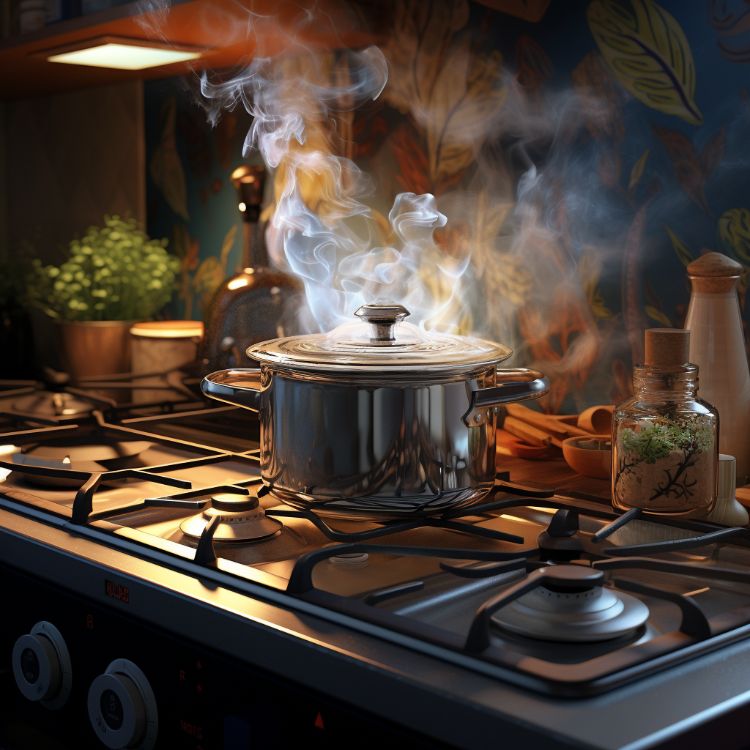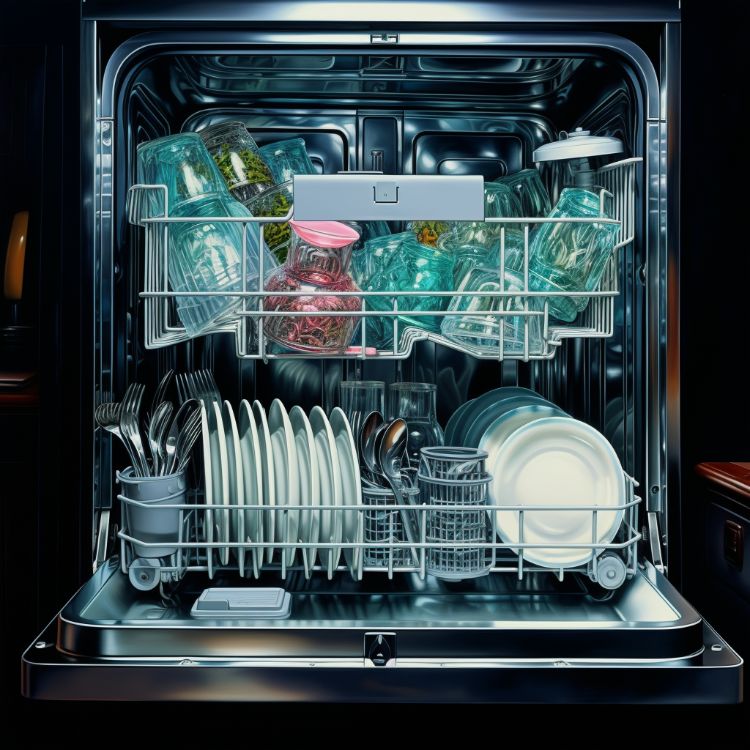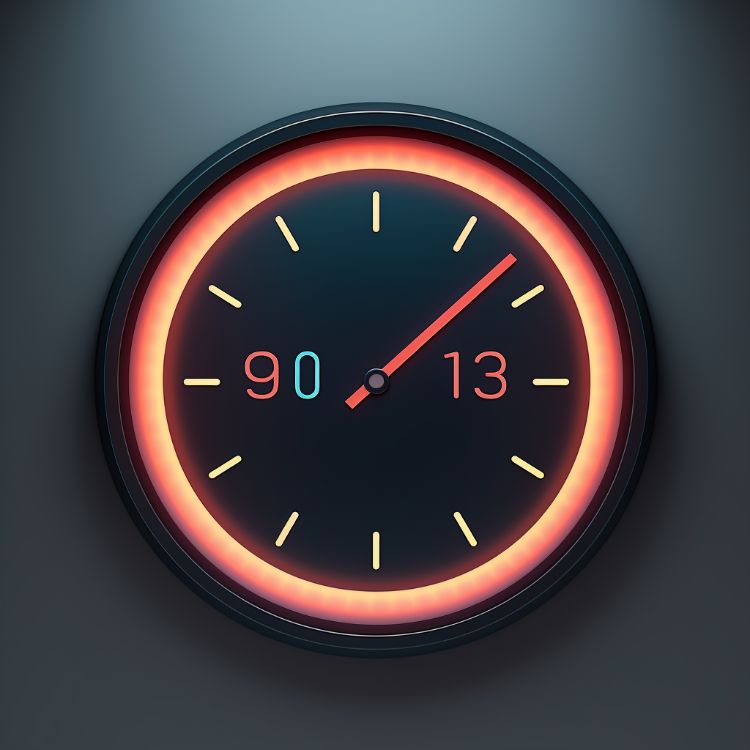Today, we're going to explore the incredible energy benefits of slow cooking versus traditional methods. So put on your aprons, grab your favorite slow cooker, and let's get started!
What's the fuss about slow cooking anyway?
Crock Pot, slow cooker, whatever you call it, is a device that cooks food at lower heat over the course of hours. This cooking method can create incredibly tasty food as a result. But it's not just about the mouth-watering flavors but also about energy efficiency. Unlike traditional cooking methods that require constant attention and high heat, slow cooking harnesses the power of long, low-temperature cooking, significantly reducing energy consumption.
Advertisement
Heat efficiency

One of the major energy benefits of slow cooking is its ability to retain heat efficiently. Traditional methods often require turning up an open flame and maintaining it throughout the cooking process, or heating a large area inside a full-sized oven. This isn't the case with slow cooking, as the slow cooker itself is only a few quarts. To make things even more efficient, they are sold in different sizes, so you only heat the volume you need for the number of people you typically cook for.
Low temperature cooking

Slow cookers are designed to cook food at temperatures between 170-280°F (77-138°C), which are much lower than stovetop or oven settings. This low and slow approach ensures that your food is cooked evenly and thoroughly without requiring excessive energy input.
Cleanup cost savings

Without the need for different pots, pans, plates, and bowls to prepare ingredients and cook the food, there is also less clean up! This saves you both time and, most likely, energy from more dish washer cycles, or hot water when washing things in the sink.
Reduced heating bills

Additionally, slow cooking is perfect for those hot southern summer days when cranking up the oven is the last thing you want to do. By using a slow cooker, you avoid heating up your kitchen, allowing you to stay cool and comfortable as you savor the tantalizing aromas wafting throughout your home.
More free time

Lastly, and perhaps most importantly, slow cooking saves you time! A little ironic given the name, but the "set it and forget it" approach to slow cooking frees you up to do other things. That very well may be priceless!
How much do you save... exactly?
But all that talk is just that... talk. Let's consider a few real-world examples:
1. Roast Chicken: Cooking a roast chicken in the oven for an hour at 350°F (177°C) can consume around 2.3 kilowatt-hours (kWh) of electricity. However, slow cooking the same chicken in a slow cooker on low for 6-8 hours may consume only around 0.5-0.7 kWh. This could potentially save around 1.6-1.8 kWh of electricity, or around 75% in savings!
2. Beef Stew: Preparing a traditional beef stew on a stovetop can take around 2 hours at medium heat, consuming approximately 1.5-2 kWh of electricity. By using a slow cooker, you could achieve similar results by slow cooking for 6-8 hours on low, which might use only 0.5-0.7 kWh. This could result in energy savings between 0.8-1.3 kWh, or over 60% less energy!
3. Chili: Making a hearty pot of chili in the oven may require approximately 1 hour of cooking time at 375°F (190°C), using around 1.8-2.2 kWh. On the other hand, slow cooking the chili in a crockpot on low for 4-6 hours might consume only 0.4-0.6 kWh. This would potentially save you 1.2-1.6 kWh. That's around 70% less!
Conclusions

To put things in perspective, if you use your slow cooker daily, your slow cooker will pay for itself in less than a year through energy savings! Everything after that? Gravy:). In the summer, you'll be saving even more by lowering your AC bill (or just staying cooler if you don't have AC).
Advertisement
Remember, these are rough estimates meant to highlight the potential energy savings. The actual difference in cost will depend on your specific circumstances, such as regional energy rates and the efficiency of your appliances. However, it's clear that slow cooking can have a positive impact on energy consumption. Now, go enjoy your slow cooker knowing that you're basically printing money right in your kitchen!

